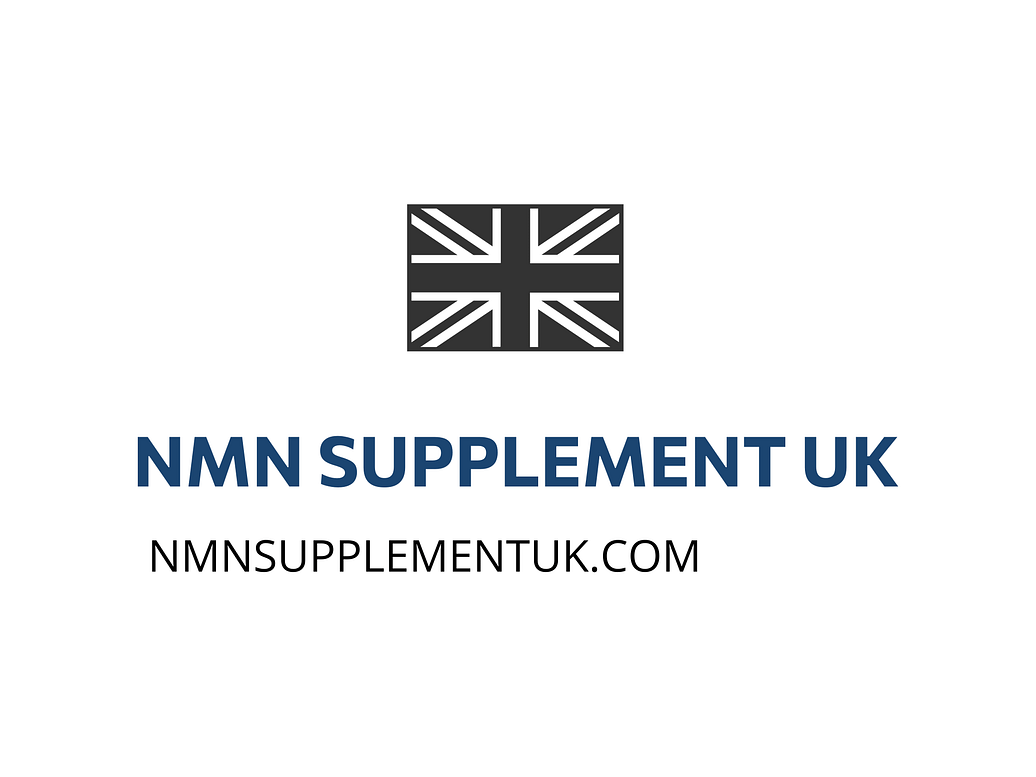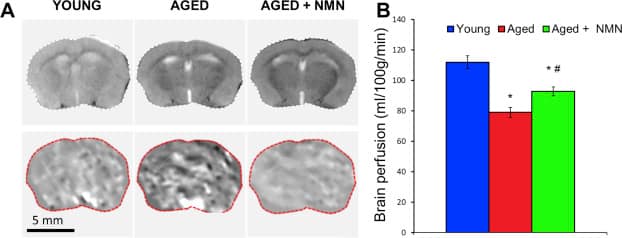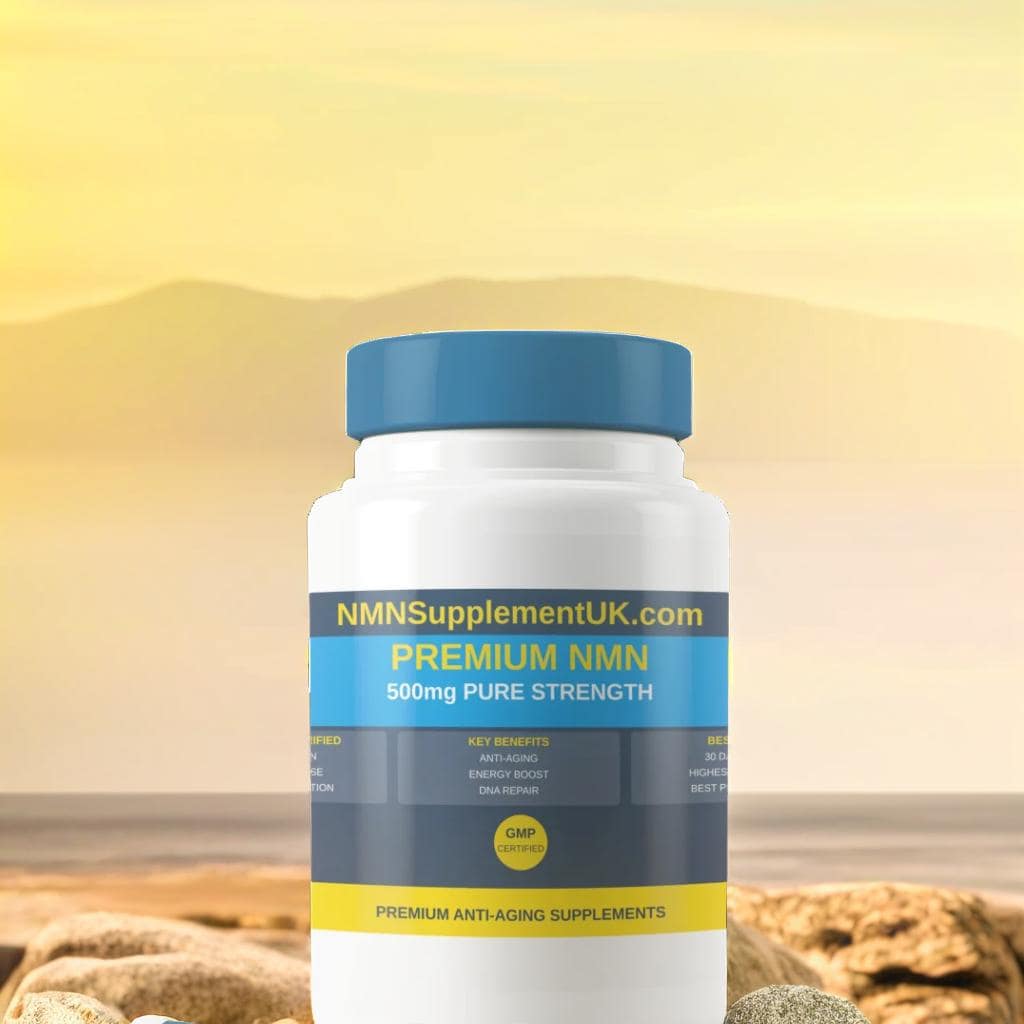Latest 2025 Research on NMN supplements: 9 Critical Findings
Introduction to NMN and Nicotinamide
NMN is a nucleotide that plays a vital role in the production of NAD+ (Nicotinamide Adenine Dinucleotide), a coenzyme essential for various cellular processes, including energy metabolism, DNA repair, and gene expression. Nicotinamide, on the other hand, is a form of vitamin B3 that can also contribute to NAD+ production. The relationship between NMN and nicotinamide is intricate, as both compounds can influence NAD+ levels, albeit through different pathways.
NMN Supplementation and NAD+ Boosting
Research in 2025 has shown that NMN supplementation can effectively increase NAD+ levels in various tissues, including the brain, liver, and muscle. This is significant, as declining NAD+ levels are associated with aging and age-related diseases. By boosting NAD+ levels, NMN supplements may help mitigate some of the negative effects of aging, such as decreased energy metabolism and increased oxidative stress. For more information on the benefits of NAD+ boosting, visit our NAD+ supplements page.
The Role of Nicotinamide in NMN Supplementation
Nicotinamide has been shown to influence NMN supplementation in several ways. Firstly, nicotinamide can compete with NMN for the same enzymatic pathways, potentially reducing the efficacy of NMN supplementation. Secondly, nicotinamide can also contribute to NAD+ production, which may enhance the effects of NMN supplementation. However, the optimal ratio of NMN to nicotinamide is still unclear and requires further research.
9 Critical Findings from Latest 2025 Research
The latest 2025 research on NMN supplements has yielded several critical findings, which are summarized below:
1. Increased NAD+ Levels: NMN supplementation has been shown to increase NAD+ levels in various tissues, including the brain, liver, and muscle.
2. Improved Energy Metabolism: By boosting NAD+ levels, NMN supplements may help improve energy metabolism, reducing the risk of age-related diseases such as diabetes and cardiovascular disease.
3. Enhanced DNA Repair: NMN supplementation has been shown to enhance DNA repair, which may help mitigate the negative effects of aging on the genome.
4. Reduced Oxidative Stress: NMN supplements may help reduce oxidative stress, which is associated with aging and age-related diseases.
5. Nicotinamide Competition: Nicotinamide can compete with NMN for the same enzymatic pathways, potentially reducing the efficacy of NMN supplementation.
6. Synergistic Effects: The combination of NMN and nicotinamide may have synergistic effects on NAD+ production, enhancing the benefits of NMN supplementation.
7. Dose-Dependent Effects: The effects of NMN supplementation are dose-dependent, with higher doses resulting in greater increases in NAD+ levels.
8. Tissue-Specific Effects: NMN supplementation may have tissue-specific effects, with different tissues responding differently to NMN supplementation.
9. Individual Variability: There may be significant individual variability in response to NMN supplementation, highlighting the need for personalized approaches to NMN supplementation.
Conclusion and Future Directions
In conclusion, the latest 2025 research on NMN supplements has highlighted the complex relationship between NMN and nicotinamide. While NMN supplementation has been shown to increase NAD+ levels and improve energy metabolism, the optimal ratio of NMN to nicotinamide is still unclear. Further research is needed to fully understand the effects of NMN supplementation and to develop personalized approaches to NMN supplementation. For more information on the latest research on NMN supplements, visit our NMN supplements research page.
To learn more about the science behind NAD+ and its role in aging and age-related diseases, visit the National Institute on Aging website. Our NADH supplements page also provides information on the benefits and drawbacks of NADH supplementation, which may be of interest to readers looking to boost their NAD+ levels.
As we move forward in 2025, it is clear that NMN supplements hold significant promise for promoting healthy aging and reducing the risk of age-related diseases. However, further research is needed to fully understand the effects of NMN supplementation and to develop personalized approaches to NMN supplementation. By staying up-to-date with the latest research and developments, we can work towards a future where NMN supplements are used safely and effectively to promote healthy aging.
Learn more about NMN supplements on our NMN supplements page.






